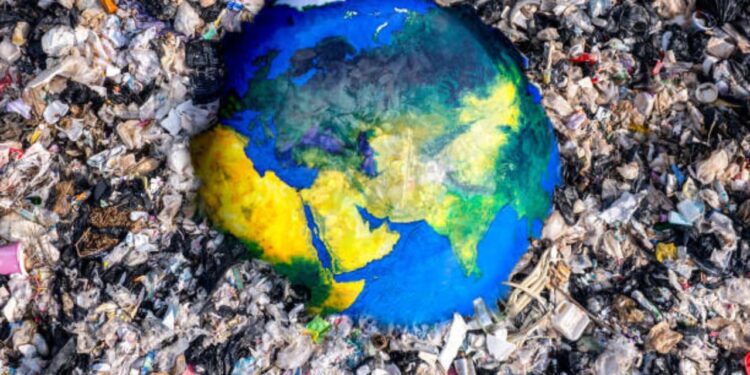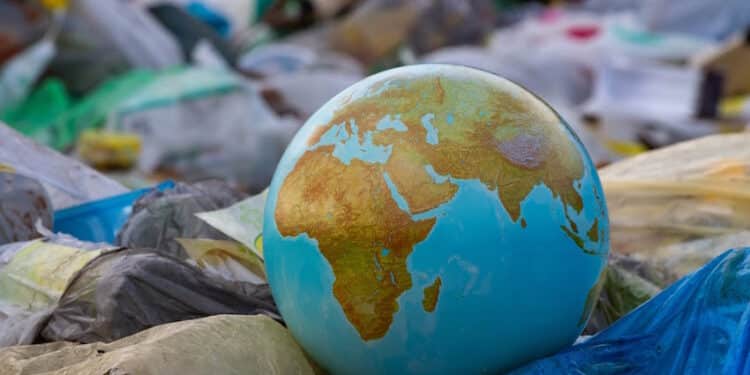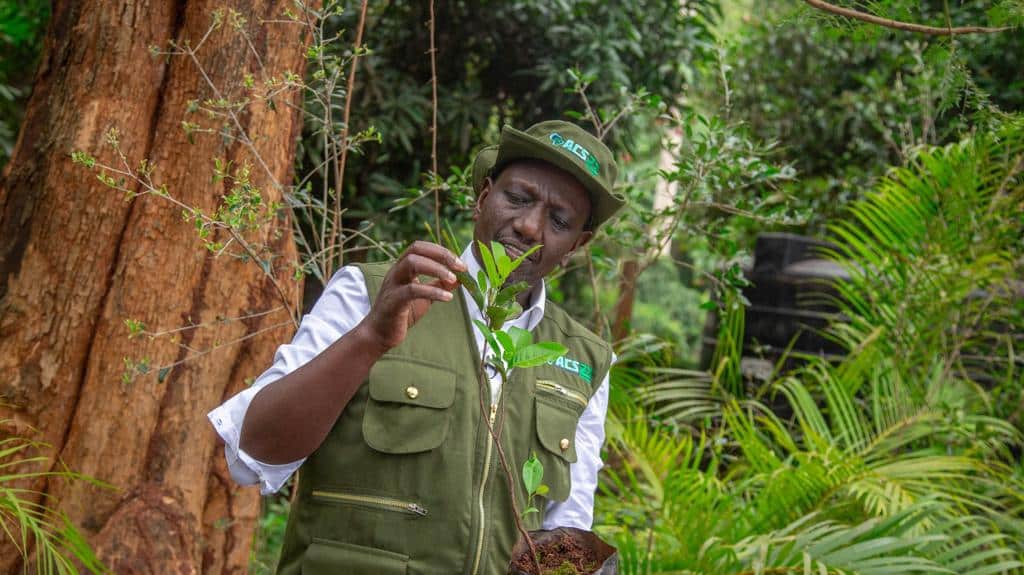The world will celebrate the largest environmental movement Earth Day, this April 22, 2024, under the theme “Planet vs. Plastics.”
According to organizer Earthday.org, “Our theme, ‘Planet vs. Plastics,’ calls to advocate for widespread awareness on the health risks of plastics, rapidly phase out all single-use plastics, urgently push for a strong UN Treaty on Plastic Pollution and demand an end to fast fashion.”
Only 9% of all plastic produced is recycled.
According to a report from the Guardian, an estimated 8.3 billion tons of plastic have been produced since the 1950s — that’s equivalent to the weight of more than 800,000 Eiffel Towers.
Despite this, and the fact that plastic is continuing to be produced each year, the UNEP reports that only 9% of all plastic is recycled and just 12% is incinerated.
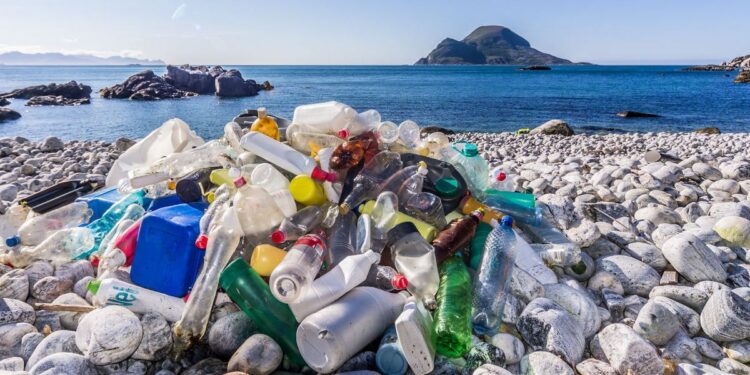
The remaining plastic has polluted the environment or can be found in dumps and landfills. A whopping 2 million plastic bags are used every minute worldwide.
Also Read: NEMA Launches Crackdown on Businesses Using Banned Plastic Bags
According to Ecowatch, between 500 billion and 1 trillion plastic bags are used worldwide annually.
Ban on Plastic Bags
Moreover, bans on plastic bags have already proved to be extremely effective in the countries that have them. Single-use plastics are illegal in some parts of the world.
Kenya introduced one of the world’s toughest laws against plastic bags in 2017. Now, Kenyans who are caught producing, selling, or even using plastic bags risk imprisonment of up to four years.
Other countries that have banned, partially banned, or taxed single-use plastic bags include China, France, Rwanda, and Italy.
Every minute of every day a truckload of plastic is dumped into the ocean. According to a study by the World Economic Forum, 32% of all plastic packaging produced finds its way to our oceans every year-the equivalent of pouring one garbage truck of plastic into the ocean every minute.
According to National Geographic, 73% of all beach litter is plastic including filters from cigarette butts, bottles, bottle caps, food wrappers, grocery bags, and polystyrene containers.
A 2021 report by the Guardian found that 1 million plastic bottles are purchased around the world every minute, and this number is set to increase by another 20%.
Likewise, the same report said more than 480 billion plastic drinking bottles were purchased in 2016 across the world — up from 300 billion a decade before.
The average time that a plastic bag is used is just 12 minutes and then take up to a thousand years to decompose.
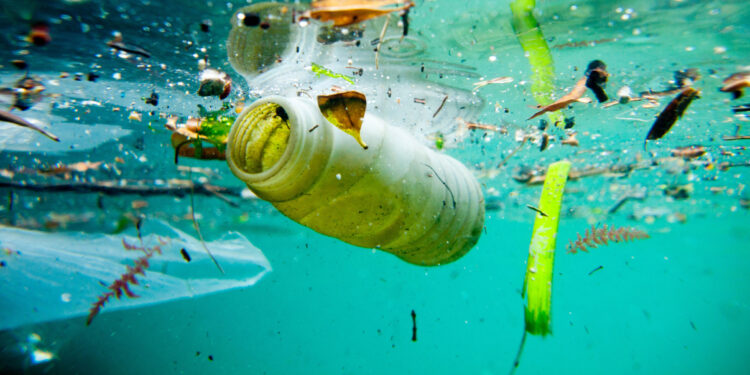
Plastic Pollution in the Ocean
As such, there could be more plastic than fish in the ocean by 2050.
A report by the Ellen MacArthur foundation in partnership with the World Economic Forum found that if plastic pollution continues at this rate, the amount of plastic in the ocean could outweigh the number of fish.
The report predicts that oceans will contain at least 937 million tons of plastic and just 895 million tons of fish by 2050.
Up to 95% of plastic polluting oceans is carried by 10 rivers.
World Economic Forum (WEF) researchers note that 88 – 95% of plastic waste that is washed into oceans by 1,350 large rivers around the world comes from just 10 rivers across Asia and Africa.
These rivers include the Yangtze, Indus, Yellow, Hai He, Ganges, Pearl, Amur, and Mekong, the Nile and the Niger.
However, the study does not account for all waste found in seas and oceans, just plastic waste transported to the oceans through the world’s rivers.
The WEF added that the two things all the rivers named have in common is a high population living in the area, as well as a poor waste management system.
Also Read: Plastic pollution cuts power in DR Congo
Danger to Seabirds
99% of seabirds will be eating plastic by 2050.According to the United Nations, ingestion of plastic kills an estimated 1 million marine birds and 100,000 marine animals each year, and scientists believe that if plastic pollution continues at this rate, 99% of the world’s seabird species will be ingesting plastic by 2050.
Additionally, more than 90% of all birds and fish are believed to have plastic particles in their stomach. It’s because plastic breaks up into tiny pieces in the sea, which are then consumed by fish and other sea animals.
The average person eats 70,000 micro plastics each year. That works out to about 100 bits of micro plastic over the course of just one meal, according to a study published in Environmental Pollution.
If plastic consumption increases at its current rate, according to National Geographic, by 2050 there will be 12 billion metric tons of plastic in landfills.
